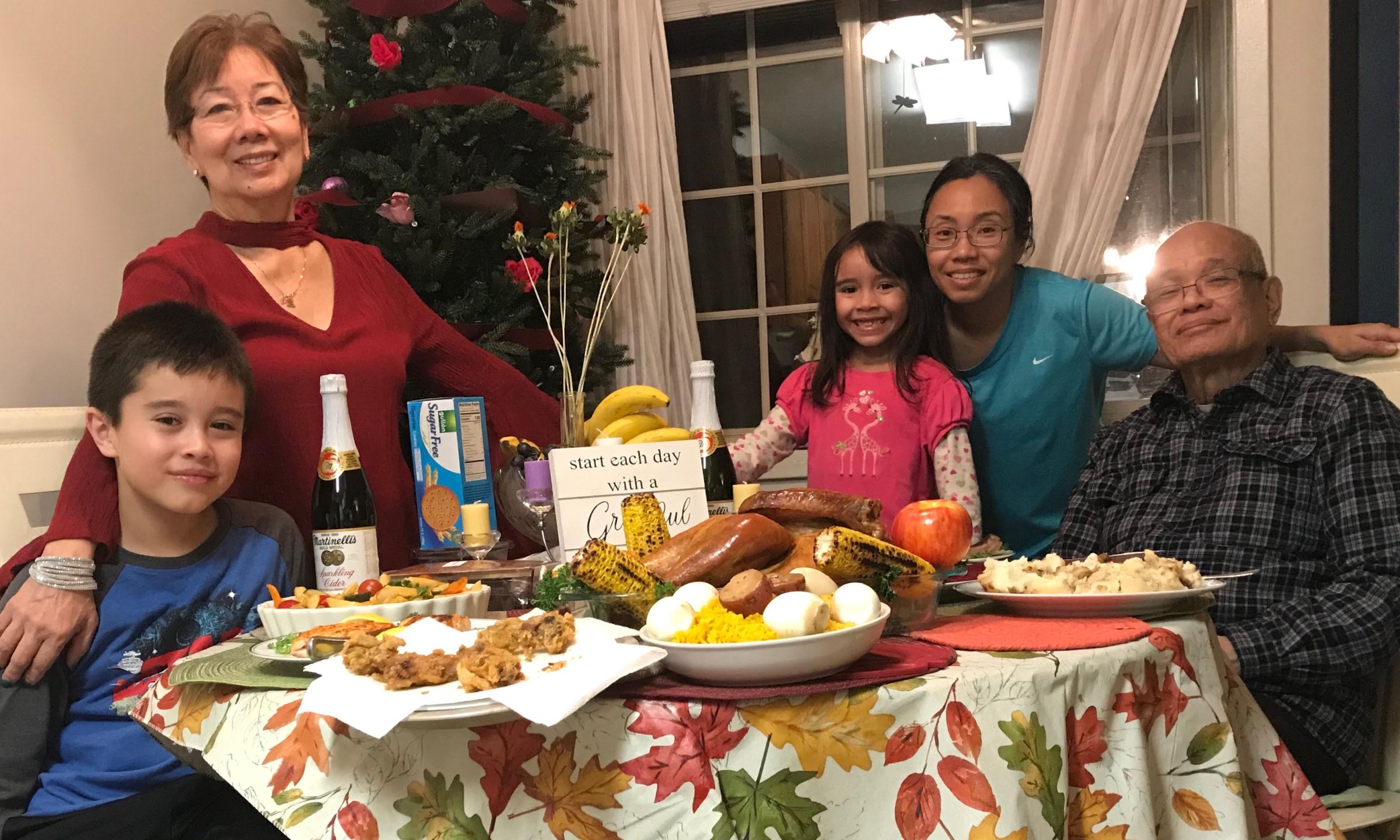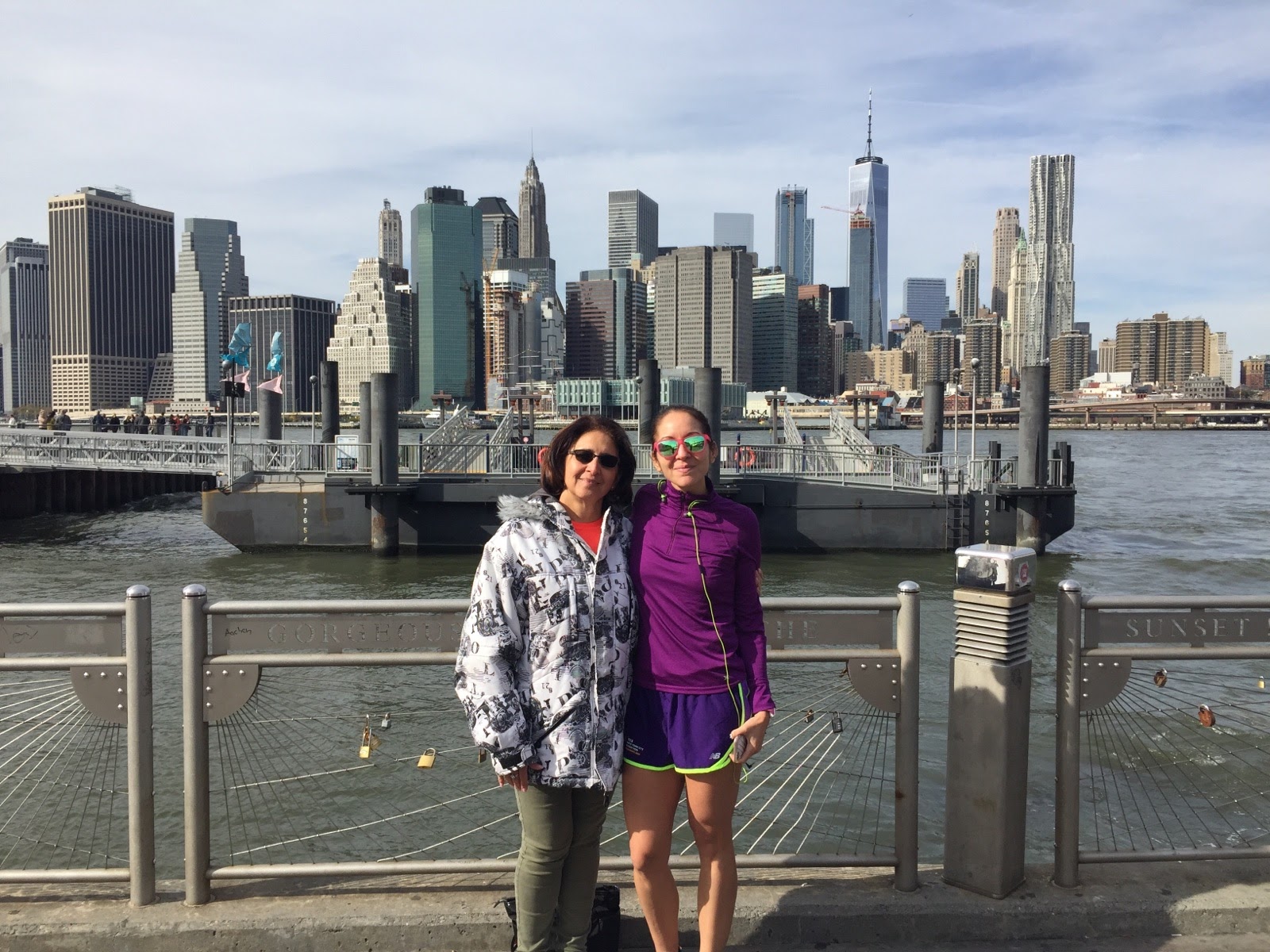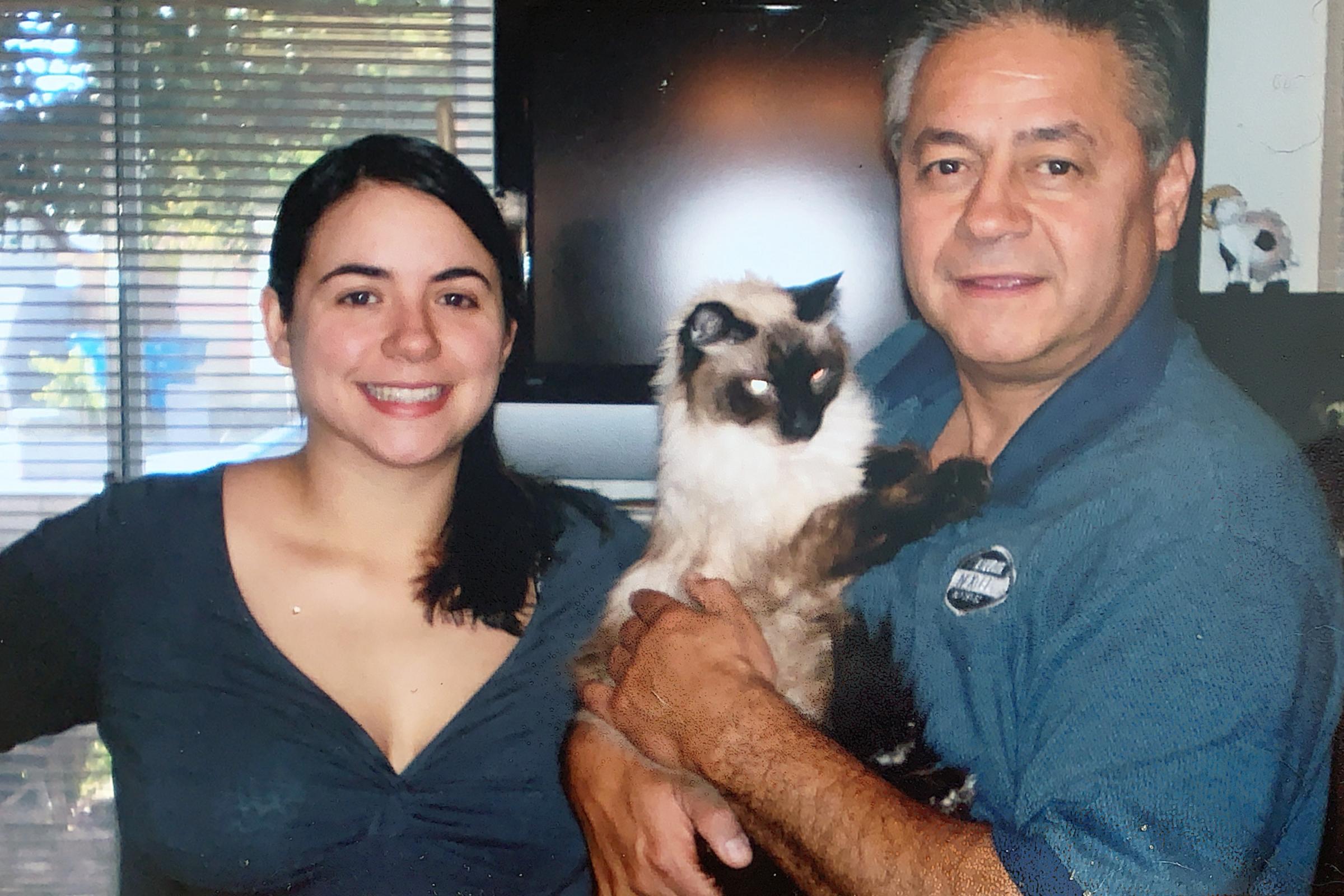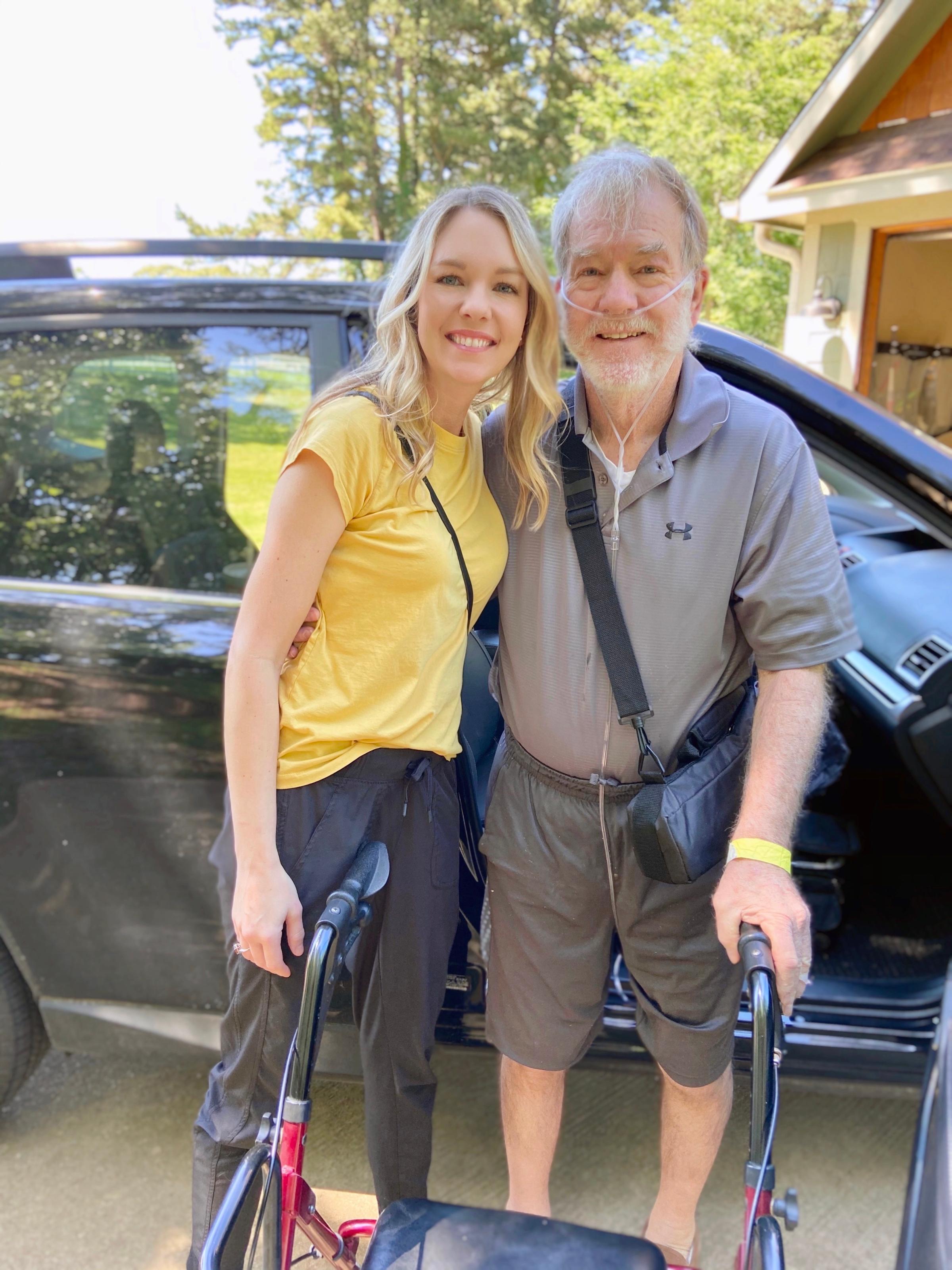
When Barbara Zeman logs on every day to check in with her Facebook support groups for people who have lost loved ones to COVID-19, she often sees a raft of new names joining the ranks. “It’s astounding,” she says from her house in Orange County, New York. Every new face is a reminder, she says, not only of the pandemic’s ever-increasing death toll, but also of the United States government’s abject failure to bring the coronavirus under control.
Like many of the people in her Facebook support groups, Zeman’s personal grief at losing her father, Agustin Gomez, a former U.S. Army colonel, in May catalyzed a political transformation as well. Until this spring, Zeman was, she says, “fully aligned” with President Donald Trump. Not any more. As a medical writer with a PhD in molecular biology, Zeman says her break from the President was gradual. She felt uncomfortable as she watched Trump downplay the threat of a coronavirus outbreak and question public health officials, but her father’s death was the final straw.
Because of the hospital’s visitor restrictions, Zeman had to say goodbye to her dad on a video call. She was devastated, but felt alone. Her community, including fellow Trump supporters and family members, had so internalized the President’s politicization of the disease that some refused to believe her dad had actually died of COVID-19. They would ask what her father really died from or suggest that other explanations might have played a role in his passing. “I feel like there’s no sympathy,” says Zeman. “It’s really just, whose team are you on?”
Zeman is in good company. While it’s impossible to know how many former Trump supporters who lost family to COVID-19 changed their minds the way Zeman did, it’s clear that the pandemic has catalyzed a nationwide politics of grief. Already, roughly 250,000 Americans have died from the coronavirus and millions more have become ill. While many of those people’s loved ones have not translated their grief and worry into new political views, a vocal online contingent, including Zeman, say they’ve been galvanized by the experience.
In interviews with nearly a dozen people who lost family members to COVID, all told TIME that their personal experiences this year have made them into unlikely political activists. Some said the COVID-19 issue spurred them vote for the first time. Others said the experience made them switch political parties, challenge long-held assumptions, question their faith, or find it in new ways as they pushed for policy actions to address the problems they were witnessing.
As a third surge of COVID-19 bears down on the country, these families fear what happens next, as tens of millions of their fellow Americans appear not to take seriously the threat and the need to make decisions that protect one another’s health. Cases are rising in nearly every state. Hospitalizations are setting new records. Nursing homes and other care facilities are still struggling to maintain adequate levels of personal protective equipment (PPE). And if nothing changes soon, estimates project the number of families mourning loved ones could double over the course of this winter.
Debra McCoskey-Reisert, whose brother died from COVID-19 this spring, says she still sees people she knows in Florida say Trump was right: they don’t need to listen to the health experts. “Maybe because they haven’t walked in my shoes. But why are we discrediting so many lives?” she says. “Who have we become?”

‘Frustrated and heartbroken’
For Kelly Forrester, who lost her father to COVID-19 in May, the breaking point came this fall, when the journalist Bob Woodward revealed in a new book that Trump learned of the severity of COVID-19 back in January but chose to downplay the threat because he didn’t want to “create a panic.”
Forrester had already been frustrated and heartbroken, but the revelation made her furious. She blames an uncontrolled outbreak of COVID-19 at her dad’s Minneapolis-area nursing home on a lack of PPE and preparedness, and believes deeply that if the President had taken seriously the threat, marshaled federal resources, and hammered on protective measures, he could have used the power of his office to curb the infection rate. “That would have been seven extra weeks to prepare,” she says, her voice breaking. “All of us that have lost somebody, it’s like, ‘Are you kidding me?’”
Kaitlyn Urenda-Culpepper, whose mother Genevieve Martinez, a registered nurse in El Paso, Texas, died from COVID-19 in July, relays a similar disgust. “This was preventable. You look at other countries who don’t have nearly as many deaths or are not having to wear a mask anymore,” Urenda-Culpepper says. “Everyone just passes the buck. The President said, ‘Oh, I’ll leave it up to the governors.’ And, you know, good luck, if you live in a red state.” Urenda-Culpepper says the President’s decision to downplay the pandemic meant that Republican governors and other officials were slower to embrace preventative measures, such as statewide mask requirements and shutting down indoor restaurants.
Read More: The Lives Lost to Coronavirus
Fiana Tulip, whose mother, Isabelle Papadimitriou, a respiratory therapist in Dallas, died of COVID-19 in July, also blames the President’s failure to emphasize preparedness. Her mother was “stronger than an ox,” says Tulip, but she had no chance when the hospital where she worked failed to provide enough N95 masks and other protective equipment, and when patients often resisted wearing a mask because they saw Trump on TV not wearing one. Papadimitriou contracted COVID-19 from a patient near the end of June and died on the Fourth of July.
In processing her mother’s death, Tulip says she turned first to education. She tried to spread awareness of the importance of mask-wearing and taking other protective measures. “The more I did that, the more I realized, wait a minute, our President isn’t promoting a mask. And the governor of Texas didn’t mandate a mask until the day before my mom died, July 3,” she says. “Then my frustration turned into anger.”
The night before her birthday, July 19, Tulip wrote a furious letter to Texas Gov. Greg Abbott, blaming his “poor policy and terrible leadership” for her mother’s death and inviting him to attend her funeral to witness her family’s grief. She soon began volunteering with online support groups for families of COVID-19 victims, and eventually started her own support group on Facebook. She wanted everyone to be comfortable, so initially hoped to keep the focus of the group on people’s personal grief. But as she started speaking out about her own views on her mother’s death, she soon realized that people’s grief was political: they blamed the Trump Administration’s mishandling of the virus on their loved ones’ deaths. “It is political,” she says.

‘Trump is responsible for the death of my brother’
In Citrus Springs, Florida, McCoskey-Reisert says what galvanized her politically was not only the lack of action from the Trump Administration, but also the President and other officials’ embrace of misinformation about the virus. When her brother Bobby McCoskey, who had an intellectual disability, contracted COVID-19 at his Indiana nursing home, McCoskey-Reisert says she would call him twice a day to check in and keep him informed. She would try to explain that he wasn’t alone in having to stay inside, but that the “whole world’s upside down right now,” and that people were trying to fix it.
But then the President went on TV suggesting from the White House that doctors might explore injecting disinfectant as a potential treatment for COVID-19, and she was terrified. “I looked at my husband, and I was like, ‘What if Bobby heard that?’” McCoskey-Reisert recalls. When her brother died on April 29, she blamed the President for failing listen to medical experts so the country could stop the virus’s spread. “I believe with everything inside of me that Trump is responsible for the death of my brother,” she says.
Marco Reyes, a real estate agent in Miami, describes a discouraging feeling when he realized state and local leaders were following the lead of President Trump. From the beginning of the pandemic, Reyes says, he wore a mask and tried to stay home, encouraging his 84-year-old father to do so, too. But when Trump and local Republican officials said reopening plans would keep people safe this summer, many in Reyes’ Cuban-American family let their guard down. Reyes had shifted away from his Republican upbringing to vote for Hillary Clinton in 2016, but the rest of his family had not, and Reyes feels that his father’s trust of Republican officials led to his death. “By the time he got the virus, the county or the state lifted some restrictions, and he just felt more comfortable going out,” Reyes says. His father started feeling flu-like symptoms in early August and died on Sept. 4.
A similar story unfolded thousands of miles away In Arizona, says Kristin Urquiza. She had been taking precautions at her home in San Francisco since early in the pandemic and relaying them to her father near Phoenix, but when Arizona’s Republican Gov. Doug Ducey ended his state’s stay-at-home order on May 15 and Trump insisted it was safe to reopen the economy, her father trusted the official advice. Less than a month later, her dad woke up with a cough and a fever. By June 30, he was gone. “Trump made this big point that the American public needs to think of themselves as warriors and get back into the economy,” says Urquiza, “forcing this false choice narrative that we need to pick between economic health and public health.”
After her father’s death, Urquiza wrote what she called an “honest obituary,” condemning America’s leaders for their botched response to the pandemic and publicly holding them responsible for her father’s death. Her essay went viral as thousands of others across the country struggled to make sense of their loved ones’ deaths. On the day of her father’s funeral, July 8, Urquiza launched Marked by COVID, a group that has served as a sort of support group for families of COVID-19 victims and as an organizing force to turn their anguish into action.
Urquiza took a leave from her job at an environmental advocacy group to focus on her COVID-19 work. She has spent much of the past five months reaching out to others who have experienced loss, helping people to organize vigils, encouraging them to write “honest obituaries” of their own, and promoting more actions that politicians could take to control the virus. In August, she spoke at the Democratic National Convention, and her group has released policy guidance that advocates for a data-driven national response to the pandemic.
Marked by COVID has now connected with 30,000 people through social media and email, according to the group, and it has raised $50,000 from individual donors to support its work. Urquiza says it will continue to push for more robust action once Biden takes office, and the group may wade into future elections as well. “Far too often policy failure is hidden in the private grief of people,” Urquiza says. “Part of what I did was come forward with my grief, and by allowing people into my story, helped provide a pathway for others to find their footing as well.”
The long road ahead
While those drawn to Marked by COVID and similar groups are now people who see the pandemic as being exacerbated by politics, they come from all across the ideological spectrum. Urenda-Culpepper, whose mother died in El Paso, considers herself a pro-life Catholic, but says her disgust at politicians’ handling of the pandemic has already encouraged her to get more involved in volunteering for campaigns and increased her desire to run for office herself—as a Democrat. Rosie Davis, an aesthetician in Carrollton, Texas, had only voted once, for Barack Obama in 2008, before this year, but her mother’s death from COVID-19 in the spring led her to vote for Joe Biden this cycle.
Karlee Greer, 37, who lives in Lindale, Texas, was raised Southern Baptist and has been a Republican most of her life. In the 2016 primaries, she voted for Ted Cruz. But in the general election that year, she voted for Hillary Clinton after the Access Hollywood tape in 2016 showed Trump bragging about sexual assault, and this year, after her father Mike Horton died at 66 in April after contracting COVID-19, she voted for Biden. She now considers herself “100% Democrat.” Greer started a site to sell masks and clothing with messages that promote taking the pandemic seriously, and says she’s giving all the profits to coronavirus relief efforts.
On Election Night, which stretched into Election Week this year, Greer was sharing thoughts in a group text message with other women from Marked by COVID. “We were all just saying that I feel like I can breathe for the first time in four years,” she says.

Still, the election results have not provided the catharsis many hoped would come. Despite Biden’s win, some 73 million Americans voted for Trump, and the President continues to dispute the outcome weeks after Election Day. While Urenda-Culpepper felt optimistic when she initially saw Biden had come out ahead, she was simultaneously “devastated” that so many Americans looked at this year and voted for more of the same. “It felt like there was no refutation of Trump,” she says.
Many of those who had taken action after losing family members to COVID-19 expressed excitement that Biden and Vice President-elect Kamala Harris quickly announced a COVID-19 task force staffed with doctors and health experts and promised to listen to them. “There is no perfect politician. But I felt like with him winning the election, we stand a chance to try to beat this pandemic,” says Kpana Kpoto, of the Bronx, New York, describing Biden. She lost her mom, who had Parkinson’s and lived in a nursing home in Maryland, to COVID-19 this spring.
But even as Biden moves ahead with planning, Trump continues to block the transition team in unprecedented ways and it’s clear the country’s divisions, and the misinformation Trump has seeded about virus, will continue long after he leaves the White House.
While some Americans have settled into new routines nine months into the pandemic, those who lost loved ones to COVID-19 are struggling to do so—particularly as they face continued reactions from friends who still support Trump and a coming increase in COVID-19 cases over the holidays. Every day, they carry those deaths, traumatized by a virus that has been warped and weaponized to such an extent that an extension of condolences is a political act. Many did not get to say goodbye to their family member in person. They have not held funerals as they normally would. They have forgone visits and hugs as part of the sacrifice Americans are making to keep one another safe.
McCoskey-Reisert from Florida was diagnosed with PTSD after her brother’s death and had to leave her job earlier this year. “I was in a grief group, and they were talking about triggers for the holidays,” she says. “For me, losing my brother to a pandemic that’s still going on, every day is a trigger.” That’s particularly true when she hears Trump supporters and others dismiss COVID-19 deaths as mostly people who had underlying health conditions or live in nursing homes. “I take those comments as well, your brother didn’t matter,” she adds. “He mattered. He was somebody, and all of these more than 240,000 people mattered to someone.” She says she understands the enormity of the work required to pull the nation back together, but hopes that Biden will succeed.
Zeman, the former Trump supporter from New York, is less optimistic. She says she was relieved when Biden won, but the divisions even within her own family remain deep. She hasn’t yet told her husband, children or mother about her political change of heart. Her in-laws still ask why she won’t send her kids back to school in person as cases rise in New York; her mother listens to talk radio, where hosts advise listeners to hug and kiss without masks; and as the holiday draw nearer, conservative media outlets are full of pundits accusing Democrats of using COVID-19 to prevent them from celebrating Thanksgiving. “It’s so hurtful. I don’t understand this going on in my family,” she says.
What’s clear is that with infection rates climbing by the week, she will no doubt see more new names joining her Facebook support groups as the year draws to a close.
More Must-Reads from TIME
- Cybersecurity Experts Are Sounding the Alarm on DOGE
- Meet the 2025 Women of the Year
- The Harsh Truth About Disability Inclusion
- Why Do More Young Adults Have Cancer?
- Colman Domingo Leads With Radical Love
- How to Get Better at Doing Things Alone
- Michelle Zauner Stares Down the Darkness
Write to Abigail Abrams at abigail.abrams@time.com